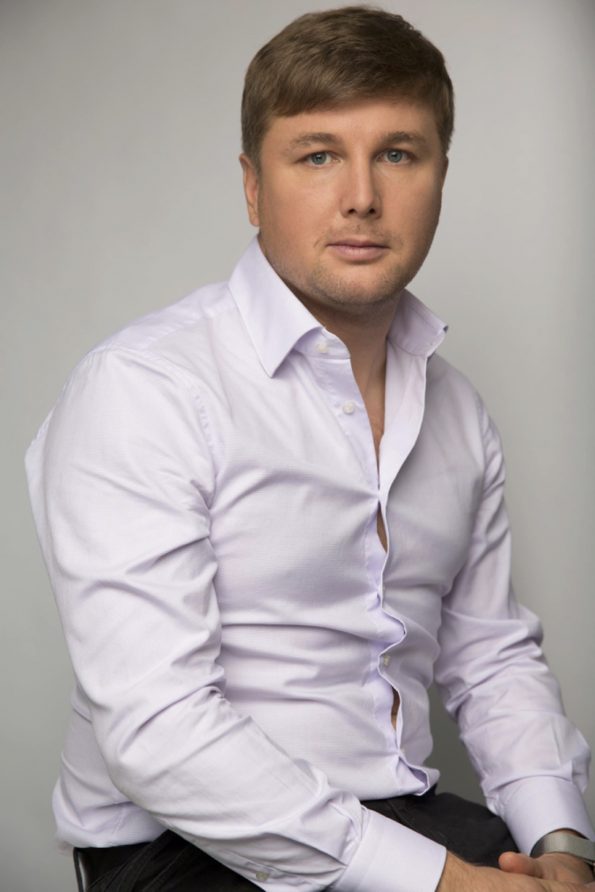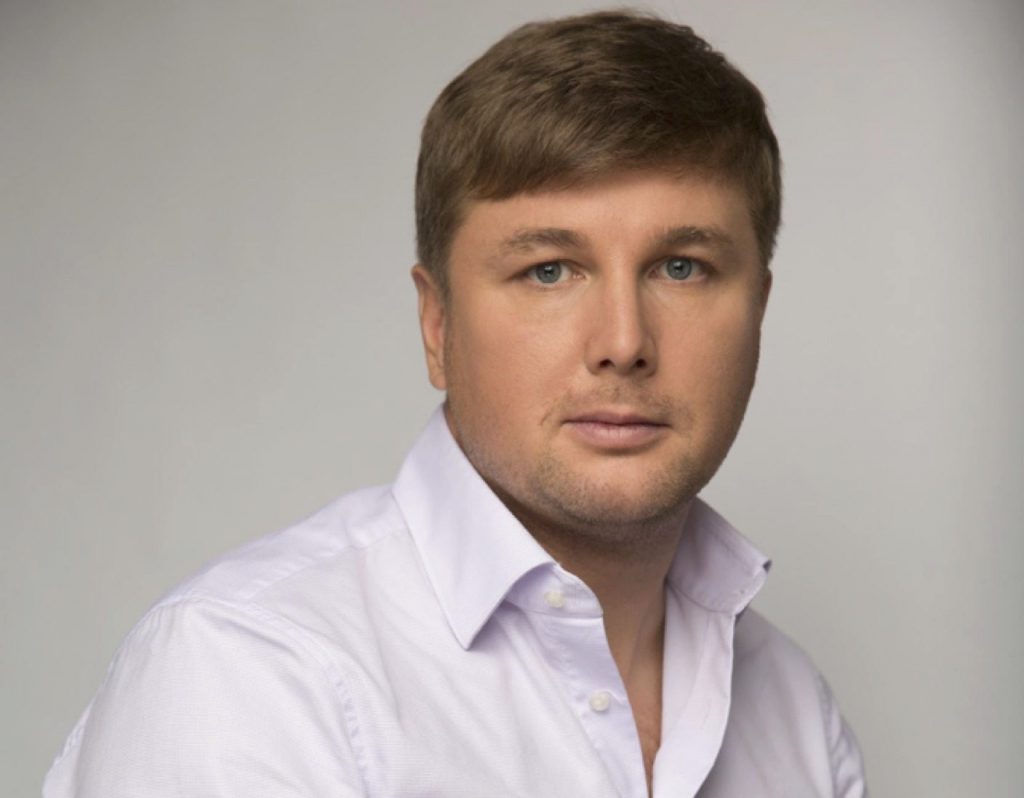Rustam Gilfanov: “How to become a venture investor if one lacks experience”
According to a stereotype, only business angels or well-known funds deal with venture capital investments. IT businessman and investor Rustam Gilfanov talks about whether a person who lacks relevant experience can invest in startups and receive profit.
About Venture Capital Investments
Venture capital investments are investments in upcoming projects in search of a scalable business model. For instance, the Instagram startup was just 1 year old when Facebook bought it for $ 1 billion. Such a business is called a “unicorn” — and every venture investor dreams of discovering one. Venture capital investments are the highest-yielding asset in the world. These are high-risk transactions: one can increase their investment tenfold and still lose everything. That is why startups are looking for investors: banks turn down their credit applications due to high risks. According to a Startup Genome report, 92% of startups close in less than three years.
Venture funds that are looking for superstar startups invest in several projects, hoping that at least one of them will repeat the success of Instagram. According to a Wealthfront study, the top 2% of venture funds generate 95% of profits.
Who Can Become a Venture Investor
Rustam Gilfanov emphasizes the fact that venture investors do not invest their last money. As a rule, they have a working business, real estate and capital. They use their free money to cultivate upcoming companies.
Mr. Gilfanov advises newcomers to decide on their goals first. If the goal is to make money, then they need to remember about high risks. The expected yield should be at least 15% per annum. One can earn a little less than this value on instruments that do not involve risks. Venture capital is not a liquid asset, one will have to wait for results for a long time.
Rustam Gilfanov advises newcomers to build their investment strategy on three pillars:
- Understand trends and cases
- Critically evaluate people
- Find new investors
A successful investor builds their brand and understands the subject and trends in detail. Since startups are focused on the future, one needs to understand what this future will be like. For example, the trends of the near future are remote work, delivery and online education.
“Talk to the startup leader and their team. Analyze their work and ambitions. Make inquiries and ask as many questions as possible. The winners will be those teams that not only believe in their idea but are ready to fight for it” Rustam Gilfanov says.
Mr. Gilfanov accentuates the importance of co-investing — that is, searching not only for startups but also for other investors to have more resources. At the start, one needs to look only for experienced investors. If one decides to work alone, one will have to spend money on profile specialists — investment analysts and lawyers. The only advantage of this approach is that the income will belong exclusively to one person.
Mr. Gilfanov advises newcomers to pay attention to the creative economy, where trends are set by bloggers, designers and podcasters. One should start investing in an area where they have certain expertise. You can find the first startups at the accelerator finals and offer those projects that impressed you from 500,000 to 1 million rubles.


